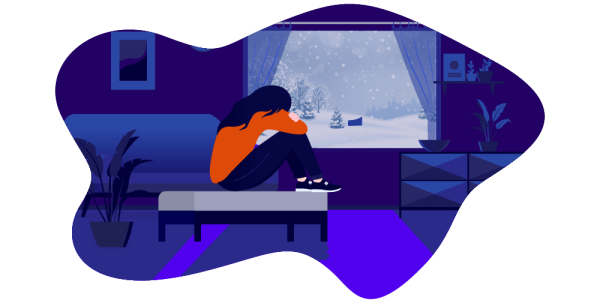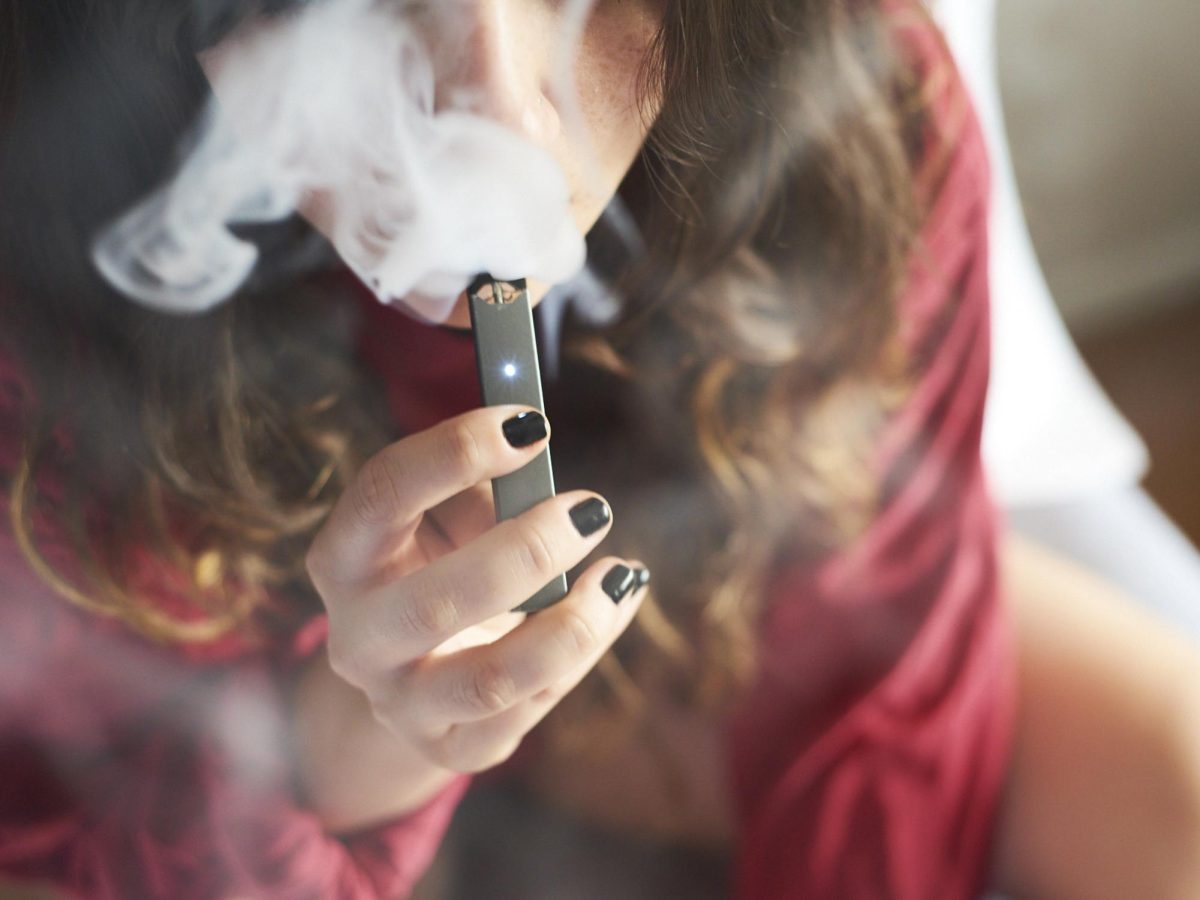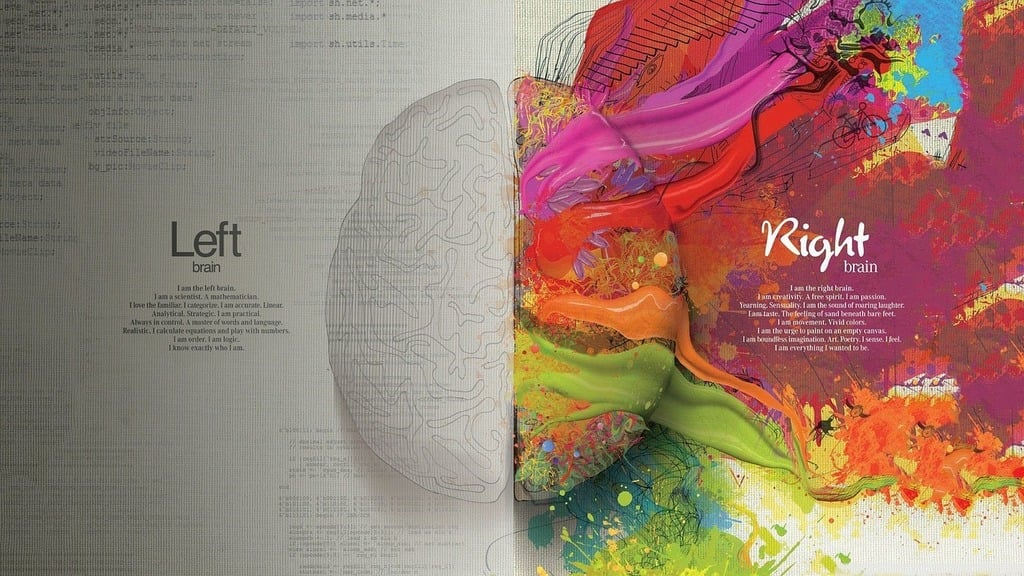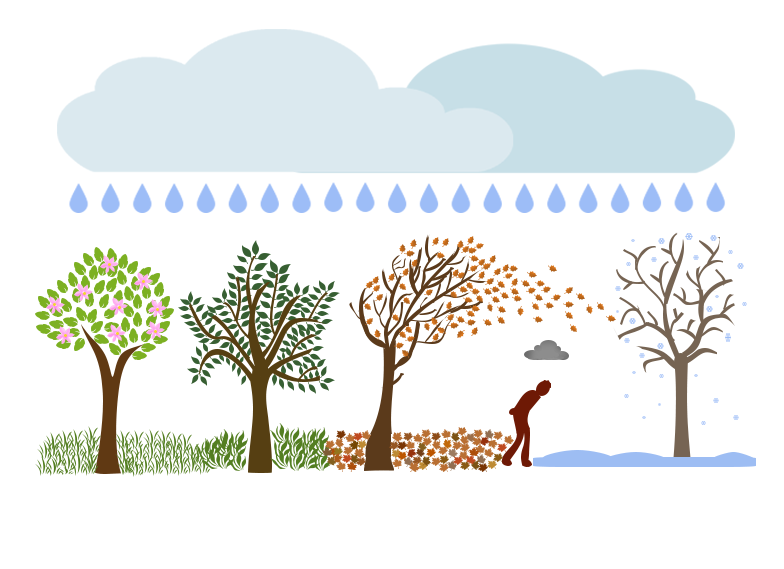Seasonal affective disorder, or SAD, is a type of depression that happens during certain seasons of the year. For most people, these seasons are fall or winter due to a chemical imbalance caused by shorter days and less daylight. Less daylight stimulates the overproduction of specific hormones in the body that trigger a person’s mood.
Onw treatment for this is medication that helps prevent heightened unhappy emotions, such as antidepressants. Other treatments include therapies such as light therapy and psychotherapy. These therapies encourage the brain to balance out imbalanced hormones during the season by decreasing melatonin, a hormone that makes a person drowsy, and increasing the production of serotonin, a hormone that affects a person’s mood.

If hesitation arises because of a doctor’s visit, do not let that be an issue. It is best not to assume it is seasonal funk, but to go to get professionally diagnosed instead. If left untreated, this can cause more serious and permanent side effects in years to come.
This illness is an issue for people annually and some struggle to find help to end this cycle. It can be hard to reach out for help, but the situation could escalate each year and become harder to get out of, even towards the end of the yearly cycle.
SAD symptoms can take a toll on the body both physically and mentally. Some symptoms include increased sleep, loss of interest in everyday activities, social withdrawal, irritability, increased appetite, anxiety, feelings of guilt, and inattentiveness. More physical changes include weight gain, headaches, fatigue, and daytime drowsiness.
Some will argue that this feeling is not serious and nothing but winter blues. However, they are partially wrong. Sure, it is normal to experience sadness during any time of the year, but not to such extreme circumstances on an annual basis. That is when it becomes a concern.
The risks of SAD increase with age, usually starting when adulthood begins. If left untreated, new symptoms may arise and already present symptoms can worsen.
Exposure to sunlight can help improve this type of depression by a landslide. Anything from a walk in the park to sitting on a porch can help relieve symptoms a person might be experiencing.
If SAD symptoms sound familiar, it is best to get checked out by a licensed professional to assist furthermore to confirm if further action is required.


























